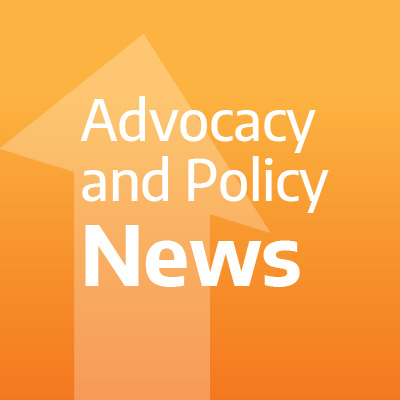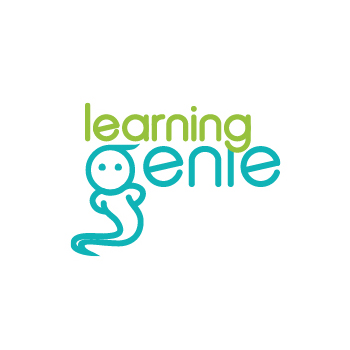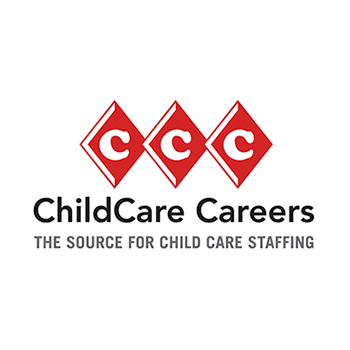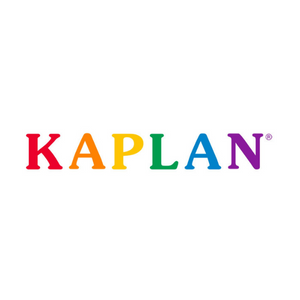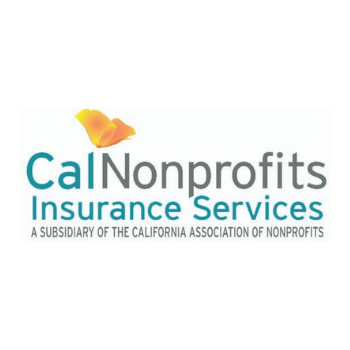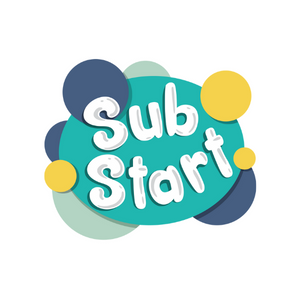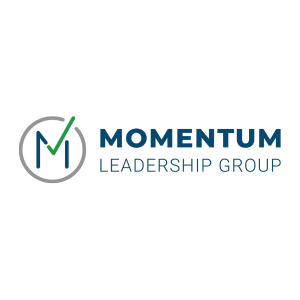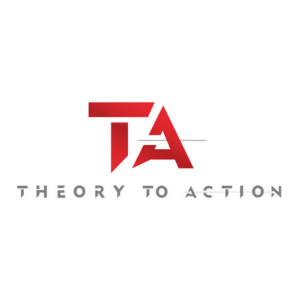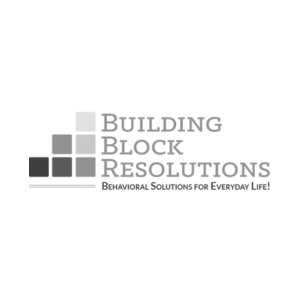Today, the President signed the Coronavirus Aid, Relief, and Economic Security Act (H.R. 748) which includes $750 million for Head Start. Head Start CA will provide a more comprehensive analysis next week when details are ready. Funding will include emergency staffing needs, address added operational costs, and provide summer learning opportunities. It also includes $3.5 billion in funding for the Child Care and Development Block Grant program (CCDBG) to support child care programs in maintaining critical operations. In addition, the bill includes funding for a variety of supportive services that Head Start children and families rely on to meet daily needs:
Nutrition Assistance
- $15.5 billion in additional funding for the Supplemental Nutrition Assistance Program
- $8.8 billion in additional funding for Child Nutrition Programs
- $100 million to guarantee participants of SNAP on Indian Reservations receive much-needed food
Housing Support
- $4 billion to address the impact of COVID-19 among individuals and families who are homeless or at risk of homelessness, and to support additional homeless assistance, prevention, and eviction prevention assistance. Eviction prevention activities including rapid rehousing, housing counseling, and rental deposit assistance will mitigate the adverse impacts of the pandemic on working families
- Roughly $3 billion for housing providers to help more than 9.6 million individuals currently assisted by HUD to safely remain in their homes or access temporary housing assistance in response to economic and housing disruptions caused by COVID-19, helping low-income and working-class Americans avoid evictions and minimize any impacts caused by loss of employment, and child care, or other unforeseen circumstances related to COVID-19
Health and Safety
- $1 billion for Community Services Block Grants to help communities address the consequences of increasing unemployment and economic disruption
$900 million to help lower-income households heat and cool their homes - $425 million to increase access to mental health services in communities through Community Behavioral Health Clinics, suicide prevention programs, and emergency response spending that can target support where it is most needed, such as outreach to those experiencing homelessness
- $45 million for family violence prevention and response services, including offering shelter and supportive services to those who need it
Education
- $14.25 billion for institutions of higher education to prevent, prepare for, and respond to coronavirus, which may include grants to students for food, housing, course materials, technology, health care, and child care, supporting the nearly 25,000 Head Start parents who are completing an associates or bachelor’s degree
- $3 billion for governors in each state to allocate emergency support grants to local educational agencies that the state educational agency deems have been most significantly impacted by coronavirus
- $100 million to help ensure rural Americans have access to broadband
Economic Support
- Direct payments up to $1,200 per individual, and an additional $500 per child, which would benefit most Head Start families
- Significant expansion of unemployment benefits, extending jobless insurance by 13 weeks, including a four-month enhancement of benefits, and broadening eligibility to include freelancers, furloughed employees and gig workers, such as Uber drivers
- $562 million for the Small Business Administration to provide Economic Injury Disaster Loans (EIDL) to businesses to keep their doors open and pay their employees—building on the significant assistance provided in the Keeping American Workers Employed and Paid Act, passed earlier this month, which authorizes $350 billion worth of 100 percent guaranteed SBA loans, a portion of which SBA will forgive—to help businesses avoid laying off employees during this difficult time
Community Services - $5 billion for the Community Development Block Grant (CDBG) program to enable nearly 1,240 states, counties, and cities to rapidly respond to COVID-19 and the economic and housing impacts caused by it, including the expansion of community health facilities, child care centers, food banks, and senior services
